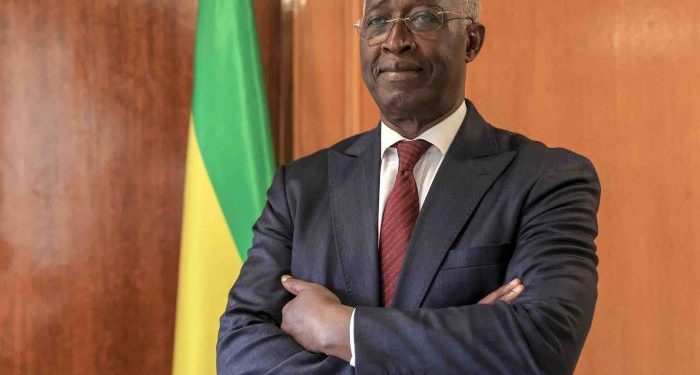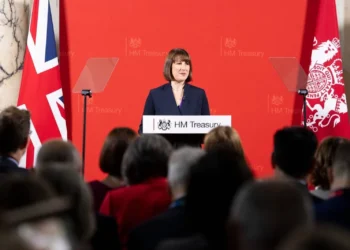In a recent development, Gabon’s newly appointed Prime Minister, Raymond Ndong Sima, has outlined the military government’s commitment to organizing free elections within the next two years.
This significant announcement comes after General Brice Oligui Nguema led an August coup d’état against President Ali Bongo Ondimba, resulting in a transitional government.
Raymond Ndong Sima, a 68-year-old Paris-educated economist, assumed leadership of the transitional government.
Notably, he had previously served as prime minister under President Bongo from 2012 to 2014 before becoming a critic and running against him in the 2016 and 2023 presidential campaigns.
His appointment, conveyed via state TV, was made official through a decree issued by General Oligui.
Under the guidelines of the transitional constitution, members of this temporary government will be ineligible to run in the upcoming presidential election.
Furthermore, the general has committed to implementing a fresh constitution through a nationwide referendum and introducing an updated electoral code.
PM Raymond Ndong Sima believes that a two-year transition to civilian rule is a “reasonable objective” for achieving stability in the nation.
He emphasized the inclusive approach of the transition, stating that it encompasses all political factions.
However, he underscored the importance of the military maintaining impartiality and serving as objective arbiters during the upcoming elections.
Looking ahead
While the two-year transition plan appears promising, its success will depend on various factors, including political cooperation and public trust.
The introduction of a new constitution and electoral code signifies a potential shift towards a more democratic Gabon.
However, challenges and uncertainties may arise during this transition period, which could influence the timeline and outcomes.
It remains to be seen how smoothly this ambitious plan will unfold and whether it will indeed lead to free and fair elections, marking a significant turning point in Gabon’s political landscape.












